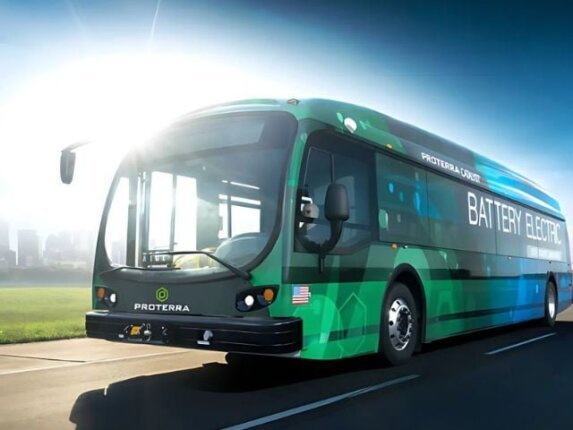Karachi is gearing up for a major shift in public transport, as the Sindh government has greenlit a plan to introduce 1,000 electric buses across the city. The initiative falls under the Peoples Green Transport Project, aiming to offer a cleaner, more efficient commute for millions of residents.
Chief Minister Murad Ali Shah gave the go-ahead during a recent Public-Private Partnership (PPP) Policy Board meeting, attended by key figures including Ministers Sharjeel Inam Memon, Saeed Ghani, and Ziaul Hassan Lanjar, as well as Chief Secretary Asif Hyder Shah and Transport Secretary Asad Zamin.
Officials confirmed that the project has already cleared its technical evaluation and meets long-term sustainability goals. To keep things moving swiftly, the government has decided not to restart the advisory selection process and will continue working with already-appointed transaction advisers. Their job now is to assess a proposal submitted by a private consortium — and if it checks out, implementation will begin in phases under a public-private partnership model.
The rollout will include 600 electric buses of 12 meters and 400 buses of 8 meters. These will operate under a 10-year concession agreement based on per-kilometer payments. Additionally, 10 depots will be set up to manage the fleet, and all assets will eventually transfer to government ownership at the end of the contract period.
Beyond the electric bus plan, the board also reviewed updates on two other major infrastructure projects:
The Shahrah-e-Bhutto high-speed corridor, a 39-km route connecting Korangi Creek Avenue to the M-9 Motorway
Progress on the Dhabeji Special Economic Zone, another key development in the province’s growth roadmap.
With this electric bus project, the Sindh government is signaling a real commitment to eco-friendly transportation — offering not just a cleaner environment, but also a more modern and reliable way for people to move around the city.




